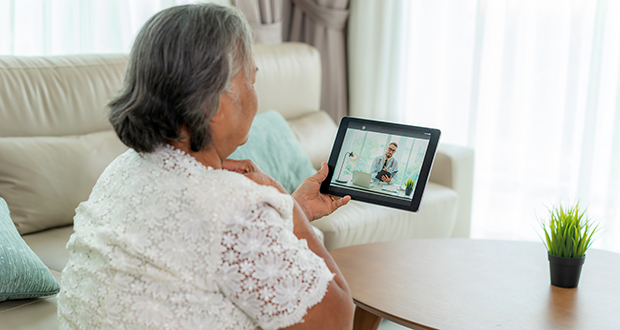Study reveals stark impact of cocooning on health of over 70s
Recent research conducted by Irish scholars has shed light on the impact of the pandemic on individuals over the age of 70. The study revealed that a significant portion of participants reported a decline in their mental health as a result of the period of isolation known as cocooning.
Encouraging the elderly population to remain at home has played a crucial role in the battle against Covid-19, aiming to minimize the spread of the virus. A team of researchers from Trinity College Dublin and St James’s Hospital delved into the effects of cocooning on physical and mental well-being, access to healthcare services, and attitudes towards Covid-19 among individuals aged 70 years and above who did not contract the virus.
The findings indicated that nearly 40% of respondents experienced a deterioration in their mental health since the initiation of cocooning, with 57% admitting to feeling lonely to some extent during this period. Those living alone were almost twice as likely to report feelings of loneliness. Furthermore, over 40% noted a decline in their physical health, and 1 in 5 disclosed that they had not left their homes at all since being advised to cocoon.
Despite these challenges, more than 60% of participants agreed with the government's recommendations regarding cocooning, while a quarter expressed disagreement. The study, published in the January 2021 edition of the Quarterly Journal of Medicine (QJM), was led by Dr. Robert Briggs, a Medical Gerontology expert at Trinity College and Consultant Geriatrician at St James’s Hospital.
Dr. Briggs highlighted the secondary impacts of the pandemic on older individuals, emphasizing the importance of addressing the adverse effects of cocooning. He stressed the need for clear policies and guidance to help older adults maintain social connections, combat loneliness, and engage in physical activities, especially considering the potential for future waves of Covid-19 and ongoing restrictions despite the vaccine rollout.
The study was conducted from October to December 2020 and can be accessed in the QJM journal at https://doi.org/10.1093/qjmed/hcab015.
